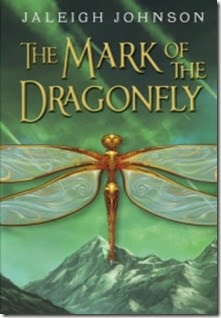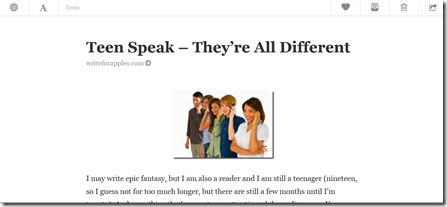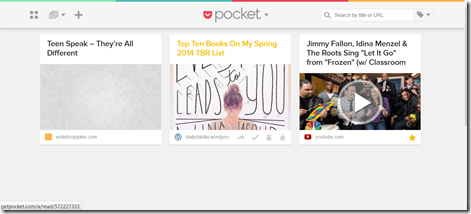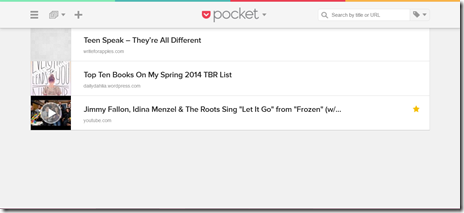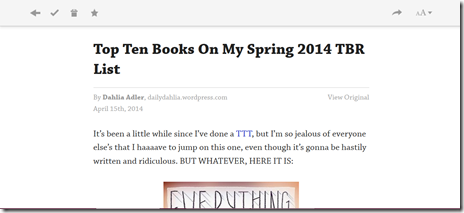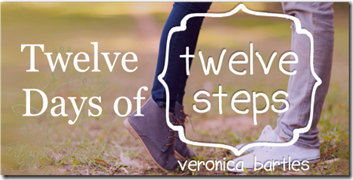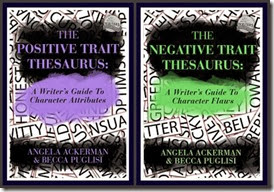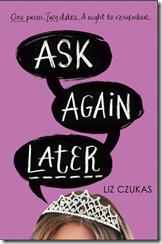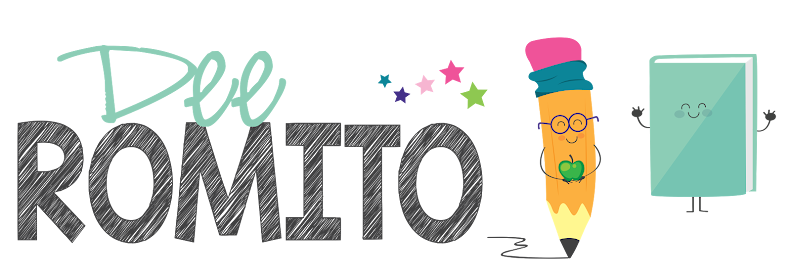Jaleigh is a YA author and her novel THE MARK OF THE DRAGONFLY was just released from Delacorte Books for Young Readers! She is represented by Sara Megibow of the Nelson Literary Agency.
Connect with Jaleigh . . .
Website
Facebook
Twitter
Goodreads
QUERY
How did you keep track of your queries?
I went with the old pen and paper method, and I actually used a day planner that I bought back in 2004 when I was querying for one of my first novels. Of course, 2004 was long gone by the time I started querying THE MARK OF THE DRAGONFLY, but by then I’d collected so much information on agents and submissions in it that I just kept on using the planner. I still have it.
What was your method for querying? Small batches? Query widely? Wait for feedback?
My usual method is batches of ten. When a rejection comes in, I send another query out.
SIGN
What was the week surrounding your offer(s) of representation like for you?
It was around Christmas time, so very busy. I remember I was out Christmas shopping with my parents and brother when I noticed that I had a new follower on Twitter. When I saw it was literary agent Sara Megibow, I started to freak out a little bit in the middle of the mall. I told my dad: “My dream agent’s following me on Twitter!!” And he said, “That’s great! What’s Twitter?” Not long after that, I got The Call from Sara. Best Christmas present ever.
How did you know your agent was the right one for you?
I’d been following The Nelson Agency blog for several years, learning all I could about the querying process. I knew they were a great agency, and I also knew from my research that Sara and I share a love of certain fantasy novels. I thought if anyone would get what I was trying to do with THE MARK OF THE DRAGONFLY, it would be her.
Did you sign as a client of a career agent or on a book-by-book basis?
Career.
Once a writer has signed with an agent, what’s the next step?
For me, it was submission. We went out on submission with THE MARK OF THE DRAGONFLY at the beginning of the year 2013. Best New Year’s present I could have asked for was the offer from Delacorte Press.
SUBMIT
How much contact do you have with your agent when you are out on submission?
Sara kept in close contact, letting me know which editors she was submitting to and their responses when they came in. I was never left hanging or wondering what was happening.
Is there anything you learned while being on submission that you didn’t know before?
Seems like it would go without saying, but I learned that everyone’s experience truly is unique, so expect the unexpected.
How did you celebrate when you got the news about your book deal?
My husband and I went out to dinner, and he gave me my Valentine’s Day present—a new purse—early. It was still January. Funny how I measured all the steps in the process with holidays.
Thank you, Jaleigh!
See other Query. Sign. Submit. interviews
Read inspiring stories of writers getting agents
Find out about agent-judged contests
Posted March 2014


